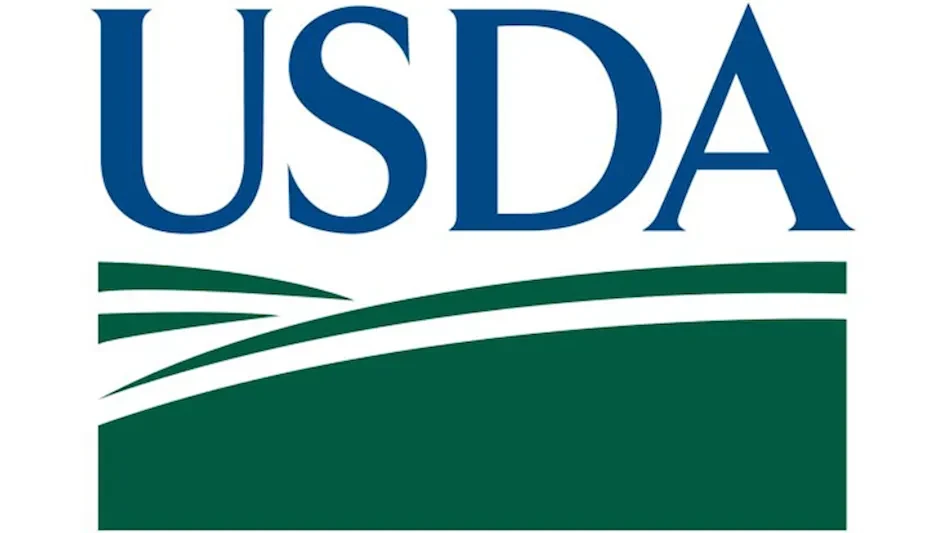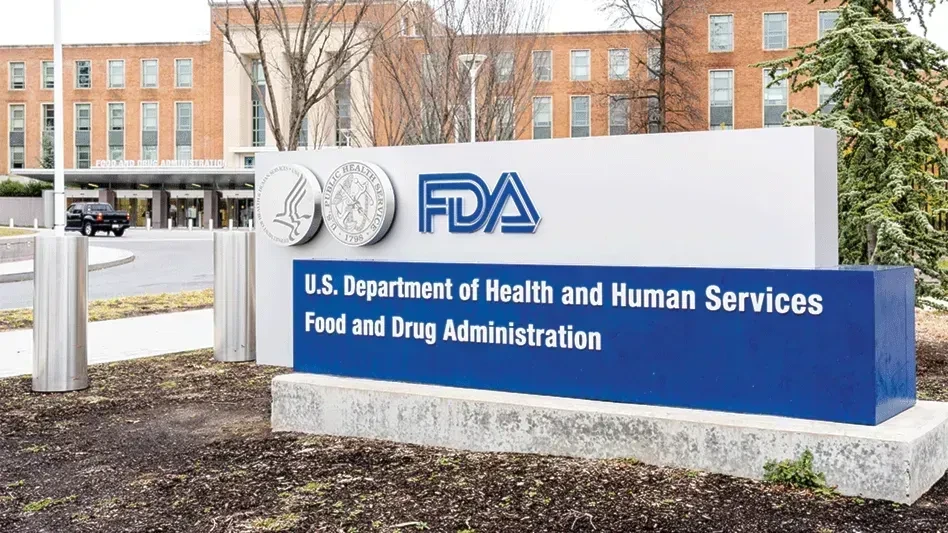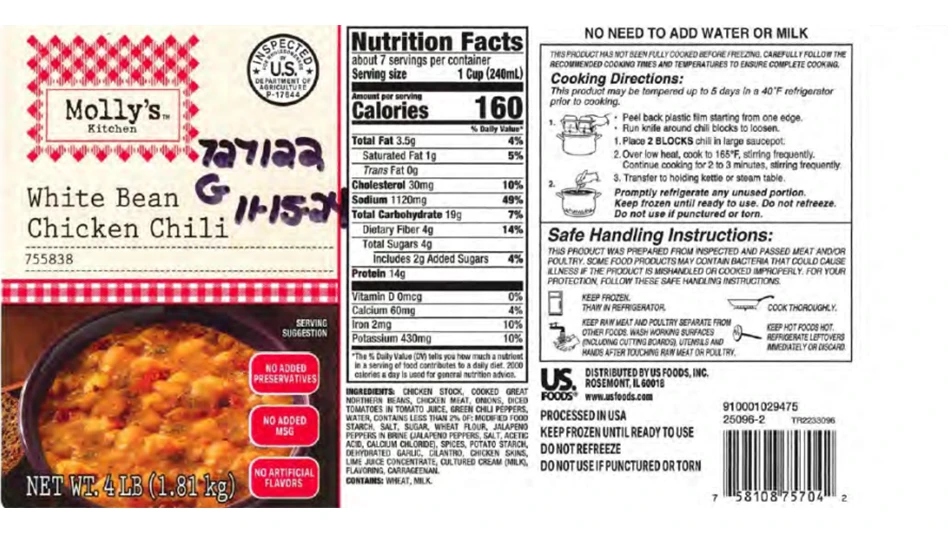 Lisa LupoIn 1906, publication of Upton Sinclair’s “The Jungle” brought attention to the appalling working conditions and sanitary issues of meat-packing plants, arousing consumer furor and initiating a gradual (sometimes painfully slow) evolution of food safety regulation and standards that continued through the century. As such, the 1900s can be seen as having brought food safety from naissance through adolescence.
Lisa LupoIn 1906, publication of Upton Sinclair’s “The Jungle” brought attention to the appalling working conditions and sanitary issues of meat-packing plants, arousing consumer furor and initiating a gradual (sometimes painfully slow) evolution of food safety regulation and standards that continued through the century. As such, the 1900s can be seen as having brought food safety from naissance through adolescence.
The start of the 2000s seemed to be bringing a maturity to the industry’s food safety, until the numerous foodborne illness outbreaks in the second half of the first decade again provoked consumer ire and, again, led to increased (though sometimes painfully slow) evolution of food safety regulation and standards.
While both regulation and standards are sure to have an impact on the industry (given adequate funding), in my view, the real advances of this century will occur through the industry’s own evolution to a new way of thinking; that is, the transference of food safety from a proprietary to a non-competitive issue.
The principle was introduced in 2001 when the Board of Directors of the American Meat Institute formalized the non-competitive status of food safety, with agreement to share such information among all its members. Since then both science and industry have taken up the non-competitive banner to continue its forward momentum.
And none have taken it as far forward as Chiquita/Fresh Express, profiled in this issue (page 18). First sponsoring an independent scientific panel to prioritize food safety research for fresh produce, the company then committed $2 million to fund the research: public, multidisciplinary research that it then shared openly with the industry, not even getting a first peek at the results prior to the open industry presentation.
From the research, the company has developed an innovative produce rinse, FreshRinse, that reduces pathogenic cells on produce. It will again be sharing the technology with the industry, and it is looking forward to the food safety innovation and advances others bring forward from the initial research to benefit the entire industry.
Chiquita Vice President of Global Quality and Food Safety Mike Burness described the technological combining of the two FreshRinse organic acid ingredients as “a synergistic effect where two plus two equals 22 not four.”
In the same way, the industry sharing of each individual’s and company’s knowledge of food safety can create a synergistic effect where two plus two equals 22 not four. A synergistic effect that can impel us from gradual (sometimes painfully slow) evolution to real advances for the industry and the public.
The author is Managing Editor of QA magazine. She can be reached at llupo@giemedia.com.
Get curated news on YOUR industry.
Enter your email to receive our newsletters.
Explore the April 2011 Issue
Check out more from this issue and find your next story to read.
Latest from Quality Assurance & Food Safety
- FDA Shares Testing Results for PFAS in Bottled Water
- Provision Analytics Adds Food Safety Expert Jennifer Williams to Strategic Advisory Group
- Boston Sword & Tuna Protects Seafood Safety with Mettler-Toledo Metal Detectors
- IFT Releases New Resources to Aid Food and Beverage Industry in Sugar Reduction
- Yum! Brands CEO David Gibbs to Retire in 2026
- Penn State Extension Offers Short Course on Food Microbiology and Safety for Food Plant Workers
- Johnsonville Recalls Cheddar Bratwurst Due to Possible Plastic Contamination
- Cabot Creamery Butter Recalled Due to Possible Fecal Contamination






